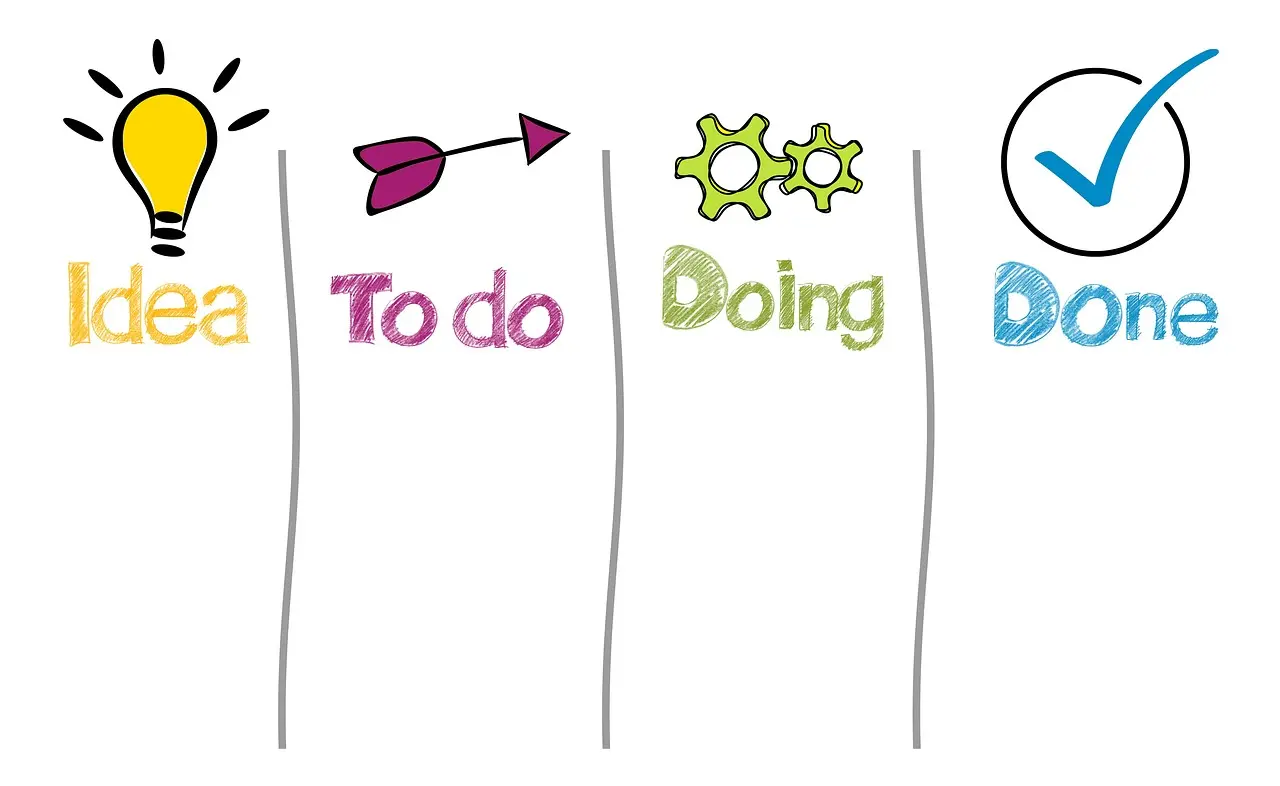The world of technology is changing rapidly, but “Python” consistently remains among the leaders in popularity. The inevitable question arises: is it worth learning Python in 2025 when the market is saturated and competition is high? The answer lies in the analysis of trends, demand, salaries, and prospects. A language that was once created for educational purposes is now used in developing major digital products. It continues to attract beginners and experienced professionals with its simple syntax, wide range of applications, and active community.
Why Python Remains Relevant in 2025?
Despite the growth of new stacks, “Python” confidently holds its position among the top ten most popular tools according to GitHub, Stack Overflow, and LinkedIn data. The reason lies in its versatility. It is used in backend development, data analysis, automation, machine learning, web development, and system scripting. Its simple structure makes it ideal for learning, and its mature ecosystem makes it a reliable tool in production.

For a beginner, a language with understandable syntax is an optimal start. It allows for a quick transition from basic theory to real projects. Companies value development speed, code readability, and a vast number of libraries that can solve even complex tasks. That’s why the question “is it worth learning Python?” is heard less frequently — the answer is obvious: yes, if you want to quickly enter the IT field and work with in-demand technologies.
Where Python Is Used: Key Areas
Its application covers dozens of industries. Below are the main areas where “Python” remains a technological standard:
- web development — backend, API, admin panels, CMS, REST services;
- data analysis — reports, BI, visualization, analytical dashboards;
- machine learning and artificial intelligence — neural networks, NLP, classification, recommendation systems;
- automation and scripting — DevOps, testing, parsing, internal utilities;
- fintech and marketing — forecasting, risk assessment, customer segmentation;
- scientific research — modeling, simulations, working with big data.
This distribution gives developers the freedom to choose their career path and the opportunity to change direction without changing the language.
Is It Worth Learning Python: Arguments for Beginners
This question is especially relevant for those taking their first steps in the profession. The entry barrier is minimal, errors are not intimidating with complex logs, and learning brings tangible progress in just a few weeks.
The programming platform is intuitive, the documentation is extensive, and there are hundreds of courses available. The most important factor is the availability of projects for practice: from automating routine tasks to developing Telegram bots.
By mastering the basics, beginners quickly move on to creating working applications and can aim for real internships or freelance projects.
How Python Impacts Career and Development?
The development technology is not just a tool. It defines the trajectory. Starting with “Python,” it is easy to transition into backend, Data Science, DevOps, testing. Transitions between directions happen organically, without changing the stack or retraining.
A Python developer’s career is flexible: you can move into an analytical track, delve into infrastructure, or manage ML models. Experience gained in one area scales to another.
A language with understandable syntax opens doors to highly paid development in web, analytics, automation, machine learning. The coding environment is clear, flexible, and globally recognized. It’s no wonder that many wonder whether learning Python is worth it — and the answer is confirmed by practice: it is one of the best choices for starting and growing in IT!
Python Developer Salary in 2025
The financial aspect always remains critically important. The salary depends on level, geography, specialization, and degree of expertise. On average, beginners earn around 90,000 rubles in regions and 130,000 in Moscow. Experienced specialists earn between 200,000 and 300,000 rubles, especially in data analysis and ML fields.
Salaries steadily increase due to high demand, the growth of digital services, and the popularity of remote work. Many companies willingly invest in Python stacks because it allows for quick product launches and adaptation to a changing market.
Learning Python: Where to Start in 2025?
For a confident start, it is important to choose the right sequence. Below are the basic steps that will help structure learning effectively:
- master syntax and data types;
- learn to work with conditions, loops, functions, and modules;
- familiarize yourself with libraries: requests, pandas, matplotlib;
- implement initial projects — bots, parsers, task automation;
- study the basics of object-oriented programming;
- practice problems on platforms like LeetCode, Codewars.
The question of whether to learn Python is where many start. This approach will help quickly develop a developer’s mindset, strengthen skills, and prepare for real work. “Python” allows not only learning syntax but also immediately applying knowledge in practice, which is particularly important at the beginning of an IT career.
Where to Study and How to Choose a Course?
The education market offers dozens of options: from free intensives to professional programs with job placement. The key is practice. Without it, theoretical knowledge quickly loses value. When choosing a course, focus on the following parameters:
- presence of homework and real projects;
- mentor support and feedback;
- emphasis on practice rather than lectures;
- access to GitHub, teamwork, and testing modules.
Learning becomes effective when code is written from day one. Hybrid courses with video lessons and live problem-solving remain an optimal format.
Python’s Prospects in the Job Market
The question of whether to learn Python is a definite yes, as the job market confirms. The development technology is consistently in demand in analytics, finance, education, logistics, and science. Companies value its versatility and powerful libraries, and the demand for specialists remains high both in Russia and abroad.
According to forecasts, the demand for the Python language will continue to grow at least until 2030, as there is an active need for rapid development, model training, and analysis of large data sets.
Transitioning to DevOps, Data Engineering, testing is also possible based on Python. It is not a dead-end branch but a full-fledged technological foundation with long-term value.

So, Is It Worth Learning Python Now?
The simplicity, flexibility, wide application, and high demand make Python one of the best development stacks for starting and advancing in the IT field.
It provides a strong foundation, opens up dozens of growth paths, and allows for quick entry into earning. That’s why both beginners and experienced developers choose Python, aiming for versatility and technological freedom.
 en
en  ru
ru  de
de  ar
ar  es
es  nl
nl  hi
hi  fr
fr  pt
pt  it
it  el
el 












